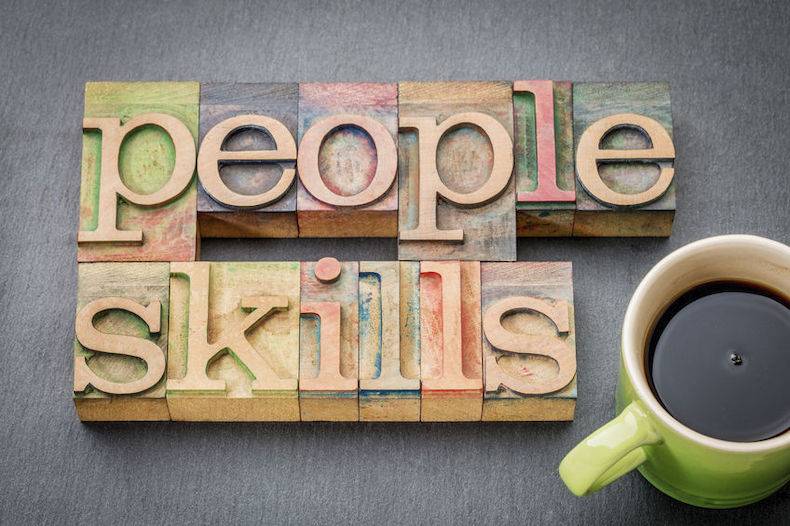
If you are tuned out of your own emotions, you will be poor at reading them in other people.
Daniel Goleman
When awareness is brought to an emotion, power is brought to your life.
Tara Mayer Robson
Social skills are the skills we use to communicate and interact with each other. They are also the same skills that are lacking in adults with Autism Spectrum Disorder. How then can someone with ASD develop those skills?
Simply put, developing social skills involves being aware of how we react to other people, why we are reacting that way, and how we can react more effective.
The key to improving social skills in adults on the spectrum involves promoting and fostering the ability to understand one’s own emotions, to manage emotions, and to use emotional information to guide relationships. Without knowing the mental reactions we experience as strong feelings (such as anger or fear), it is difficult to know how to react to ourselves and to others.
This is the definition of emotional intelligence, and improved relationships with others depends upon developing accurate, effective emotional intelligence.
More About Emotional Intelligence
Self-awareness is the foundation of personal growth and success. By self-awareness, I mean the ability to recognize one’s desires, beliefs and intentions. Doing so allows us to step outside of our own experiences, understand the experiences of others people’s, and respond accordingly.
Roughly speaking, self-awareness can be broken down into two broad categories, a cognitive component, which involves understanding desires, beliefs, and intentions in ourselves and others, and an affective component, which includes our emotional responses to what we observe around us.
The problem that many adults with Autism Spectrum Disorder face is a lack of awareness of how people think and feel, including themselves. The solution, then, involves two steps — developing that awareness and then responding to others appropriately.
I believe this two-step process is a skill, and like any skill it can be learned. The fact that Autism Spectrum Disorder is a neurodevelopmental condition, involving one’s genetic and biological makeup, does not mean that someone with ASD can’t change his or her behavior. It is entirely possible for people on the spectrum to acquire awareness of their emotions, learn to manage them appropriately, then use that awareness and self-regulation to understand other people’s feelings and respond to them accurately and effectively.
Steps to Developing Emotional Intelligence
So, how do people with Autism Spectrum Disorder become more socially skilled?
They do so by increasing their understanding of how they themselves think and feel, and by extension, the beliefs and emotions of others.
Here are ways to make this happen:
- Keep a journal of your feelings. Write down what you notice when you are upset, confused, angry, sad, or any other emotional state. What was happening before those feelings, what did you think about the situation that came before them, and how did you react to your feelings.
- Make a point of refining your emotional states. While you may feel upset at a certain moment, if you think more about being upset you may uncover more features, more nuances to that feeling. This will increase your awareness of what is happening with you and, accordingly, sharpen your understanding of how others feel in similar situations.
- Pay attention to the assumptions you have about yourself and others. These are beliefs and expectations you hold as true and likely to happen, even though in some cases you don’t have proof they will actually happen. They can be positive, such as “I will succeed if I put all my efforts into what I am doing” or they can be negative, such as, “No matter what I do I will never be successful.” By noticing your assumptions, you are in a better position to question how true they are and, if you believe they are faulty, to change your habits and practices. Noticing and monitoring the assumptions you have about yourself allows you to do the same towards the assumptions you have of others.
These are steps you can take to improve your emotional intelligence and thus your self-awareness, and they provide the means to improving your social skills.
In my next blog, I will expand on this list of steps you can take towards improving your social awareness and behavior.
